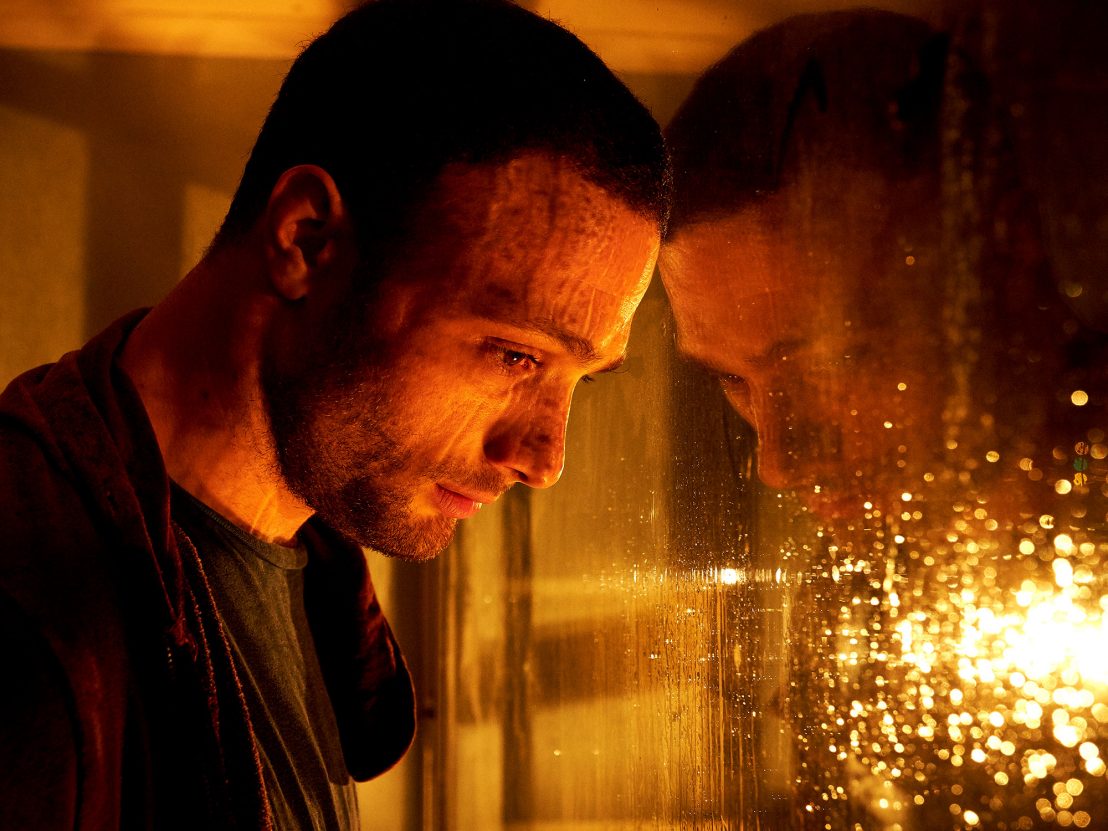
Sprawling programmes and a focus on new talent makes buying tickets a tough task. But it need not be.
Cinema is often described as a “broad church” but I see it more as an iceberg. A small percentage of titles achieve visibility while the majority languish beneath the surface, no less majestic for existing beneath sea-level. The 2019 BFI London Film Festival programme makes a virtue of diving beneath the surface (if you’ll permit me to keep riding my metaphor) to platform and champion works beyond the usual festival favourites of old established auteurs.
Navigating the programme is an exercise that requires more imagination than purely scanning for name-brand recognition. Yes, there is a glitzy tranche of headline-grabbers. Martin Scorsese’s The Irishman is a closing night film of marketing dreams, and there are plenty of titles arriving with Cannes, Venice and Toronto buzz. (Welcome to our town Noah Baumbach’s Marriage Story, Céline Sciamma’s Portrait of a Lady on Fire, Mati Diop’s Atlantics, Rian Johnson’s Knives Out, Corneliu Porumbiou’s The Whistlers, Terrence Malick’s A Hidden Life, Robert Eggers’ The Lighthouse and Sarah Gavron’s Rocks to name but a few).
Still, this is a a programme made up of 229 features and 116 shorts, and once you flick past the headline galas, recognisable breadcrumbs are less frequent, and figuring out what you want to taste becomes a more daunting task. As a consequence, individual programmers stand in as tastemakers. You read blurbs, look for passions and themes that emerge across a particular programmer’s choices.
For example, Michael Blyth, maven of the Cult strand whose devotion for genre films is coupled with diligent appraisal of a film’s scope will always give me a few solid viewing ideas. In this case: Vivarium, which stars Jesse Eisenberg and Imogen Poots, is a satirical sci-fi about a couple whose attempts to mount the property ladder land them in a strange netherworld. Then there’s Nocturnal, an “atmospheric” debut by Nathalie Biancheri that focuses on the relationship between a 16-year-old girl and an older male admirer.
Another programmer worth attending to is Tega Okiti whose taste was seen in action during August across the BFI season No Direct Flight London, which she co-programmed with curator Gaylene Gould. For the LFF Okiti continues to place cutting-edge talent from Africa and its diaspora on the map: Nigerian feature The Man Who Cuts Tattoos is set in an Edo village and follows the emotional and literal growing pains of a young girl who must undergo the practice of scarification.
First-time feature director Michael Omonua made a short called Brood with a bold, absurdly funny motif that bodes well for this new flick. Another debut comes courtesy of actor-turned-director Aki Omoshaybi whose Real is a portrait of a new couple attempting to subdue their personal hardships in order to grow an intimacy together.
Elsewhere programmer Sophie Brown has written a from-the-heart article recommending five titles from the Debate strand. She positions her choices as lightning bolts capable of illuminating the dark places in our current world, writing here, “There’s an urgent need for imagining alternative futures, but in order not to repeat history, we need to understand how we got here.”
I’m intrigued to see with keener eyes a part of the world (Hoxton) that I superficially know in The Street by decorated photographer Zed Nelson, and also Rewind by Sasha Joseph Neulinger, which sounds like an audacious and personal attempt to reckon with both childhood traumas and the group behaviours that enabled it to continue unabated.
This is the first year with Tricia Tuttle in the official (as opposed to last year’s acting) role of Festival Director. For a sense of the values she brings, listen to her discussing her work with shout-outs to three of her top female-directed picks: Mirrah Foulkes’ Judy & Punch; Billie Piper’s Rare Beasts; and Marielle Heller’s A Beautiful Day in the Neighborhood on Anna Smith’s podcast Girls on Film. For the full gamut of female-directed titles, programmer Kate Taylor has compiled this handy and exhaustive list.
Having spent as much time as my limited lung-power will allow swimming around the more submerged titles, I am drawn to Malgorzata Szumowska’s The Other Lamb because Hannah Woodhead of this parish told me “it’s about joining a cult because the cult leader is hot” – a concept that makes me feel seen and attacked. I Die of Sadness Crying For You is a documentary about a Spanish song form that channels female pain.
Shooting the Mafia is the new documentary by Kim Longinotto whose work exists in a sphere of transcendent empathy. Episodes one and two of forthcoming BBC series Trigonometry are on my list because it’s by deadpan Greek genius Athina Rachel Tsangari, and Wet Season because it’s the second feature by Anthony “Ilo Ilo” Chen and works within my extended metaphor about being underwater.
To close: this preview is but a small haul of the goodies to be found, and compiling it has awoken a humility that feels appropriate. There it a type of attitude rampant among film fans that reminds me of people I met when I was travelling, who would reel off lists of countries they had visited, like: “Vietnam DONE, Thailand DONE, Laos DONE.” We’re never done.
Published 1 Oct 2019

Céline Sciamma, Marielle Heller and Athina Rachel Tsangari are all heading to the capital this October.

As film workers across America’s Deep South face an uncertain future, events like Sidewalk continue to show the way forward.

Indispensable first-hand advice for International Women’s Day 2019.